I was discussing the adulation for Elon Musk and venture people in general a few days ago with a friend and had a realization about the falsehoods underlying, well, a great deal of the venture business. The people attacking Taylor Lorenz are doing so for many reasons, but one of them is to defend the name and reputation of Marc Andreessen, an exceedingly wealthy and well-resourced man, against a columnist who has the ability to post tweets, and if she wants to do more has to go through layers of editorial control.
Generally, the adulation of the venture sect comes down to the fallacy that anyone can make it here, that one can simply invest their time and energy in a startup, and if they just work hard enough they can strike it rich like Andreessen, or Musk, or any number of other founders. An alarming amount of the memes that have Elon Musk in them (search #elonmusk on Instagram if you want to melt your brain) has some sort of vague reference to working hard, and there are numerous stories about his “failures,” that are allegedly illustrative of the struggles that Elon faced that proved that it was ultimately hard work that got him where he is today.
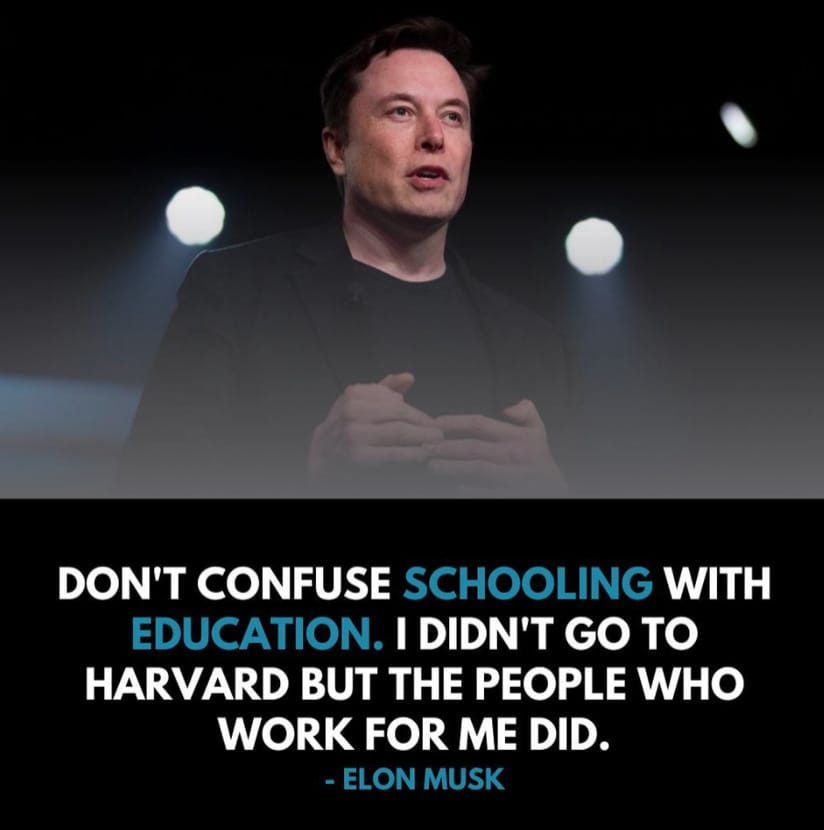
And sure, Elon may indeed have struggled at some point.His father sounds like he was, even if he was well off, an absolute monster. Elon put himself through college, and he couldn’t even afford a second PC to work on Zip2, a company he was ousted from (allegedly). I say allegedly because Musk has been extremely liberal with details in just about everything he’s touched. Either way, he leaves out the crucial detail that he made about $20 million from Zip2, and I’ve also left out some really crucial details.
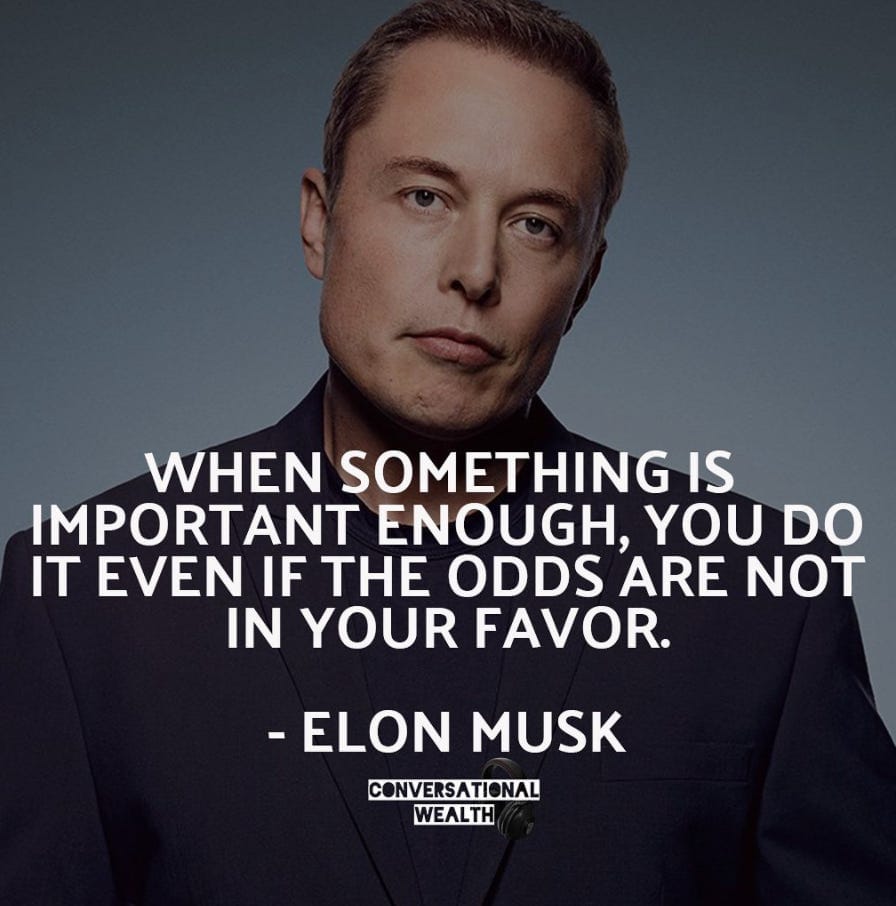
Specifically, Musk got his $100,000 of student debt by going to UPenn in the 90s and earning a double bachelor’s. While undoubtedly very smart, there is no rags to riches story here. This is not the story of a guy who struggled all of his life and struck it big, but a very smart guy who grew up likely with a good education and, indeed, the means to get to America in the 90s — a decade when it was significantly easier to travel, where your money went further, and when access to capital was easier. He claims to have “put all of the money” from Zip2 and Paypal into Tesla, but, as ever, it’s very hard to actually measure the veracity of those claims.
It was a vastly different time, a vastly different venture climate, and a vastly different situation than most founders (and, for that matter, most people on the planet) face. Peter Thiel had a Stanford education in the late 80s and early 90s. Marc Benioff graduated from USC as a kid, was just able to casually get an internship at Apple, and started working at Oracle early, crucially doing all of this in the 80s and 90s. Jeff Bezos? Princeton-educated in 1986.
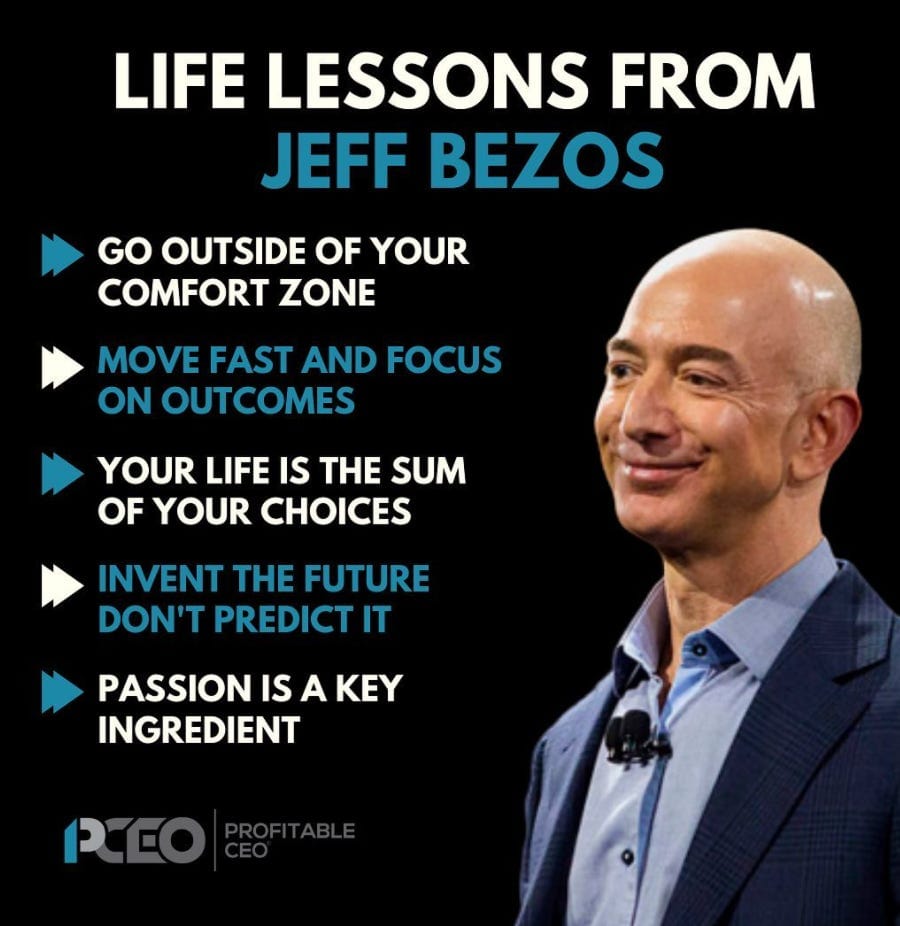
The framing of every single valley hero is mostly around how tough they had it, how many times they got back up after being knocked down, and how their innate intelligence and guile were how they managed to survive and thrive. While technically true, in almost every one of these cases these guys were able to go to Ivy League or top-tier colleges at a time when it was cheaper to live and there was less competition for the resources of the founders they inspire.
Separating Time from Talent
There is no denying that these guys were smart, or that they were good at what they did, or that they jumped on opportunities that others didn’t see or disregarded. But the poisonous part of these narratives is that their cultural place has them still labeled as “startup” guys. They started companies after all, some of them in dingy-looking offices, they struggled to get where they are and now they (rightly, in the eyes of some) have struck it rich.
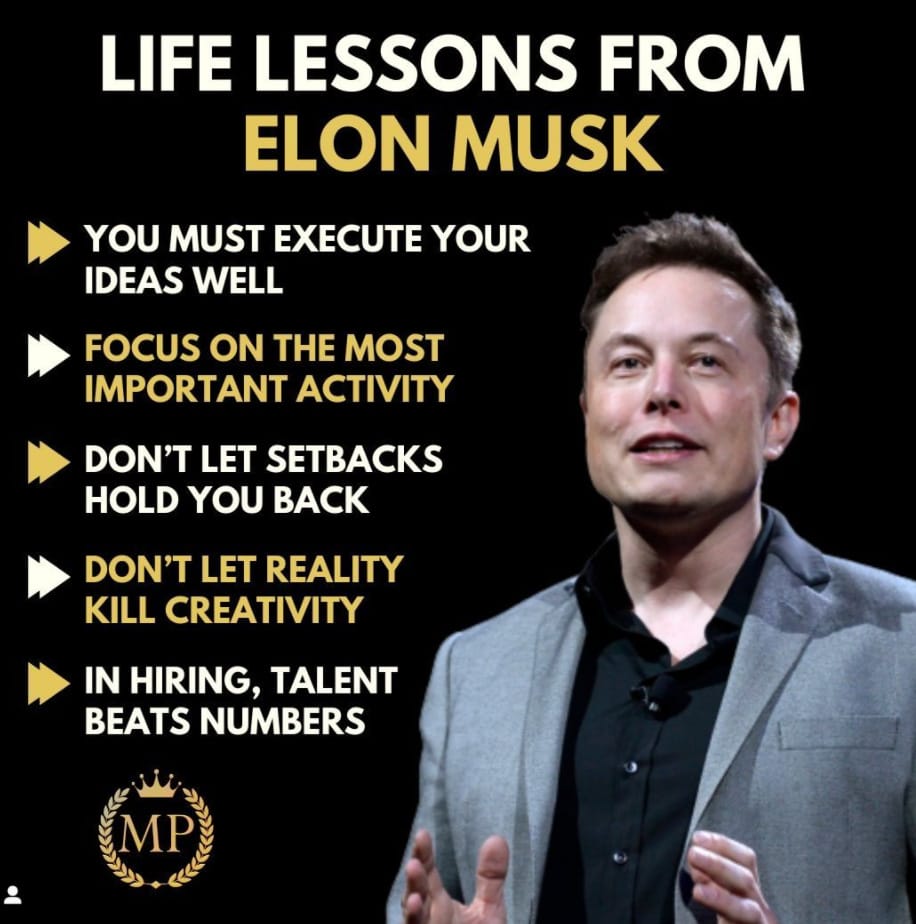
The problem is that if you really look, there are very few actual lessons to learn from them. Despite Elon Musk saying college is for fun not learning and Peter Thiel literally paying people not to go to college, both of them went to Ivy League Schools and based on reports, Elon Musk loved UPenn. The main lesson from all of these guys seems to be to go to a good school. Their early travails in the world of startups are illustrative of absolutely nothing - can you imagine some dorky early-20s guy with a regular job affording a rental office in the bay area with no funding, with the price of college how it is? The competition for resources — for jobs, for real estate, for venture capital, for everything — is so dramatically different, as are the financial requirements to simply exist.
Being early to any market that takes off is inherently about luck, but luck is really all about increasing your likelihood of being at a place where opportunities will pop up in front of you. Going to an Ivy League school like Sam Altman or Paul Graham or Elon Musk or Peter Thiel or any of these guys is already a force multiplier on the chances of you being around bright people who are well-educated and well-connected and primed to find ways to squeeze capital from the world, amplified by the decade you were born in and the decade you went to college. Things may have “just happened” and real struggles may have occurred, but the same struggles happening in the late 90s or early 2000s would be much worse today, with less likelihood of you being able to pull yourself back up.
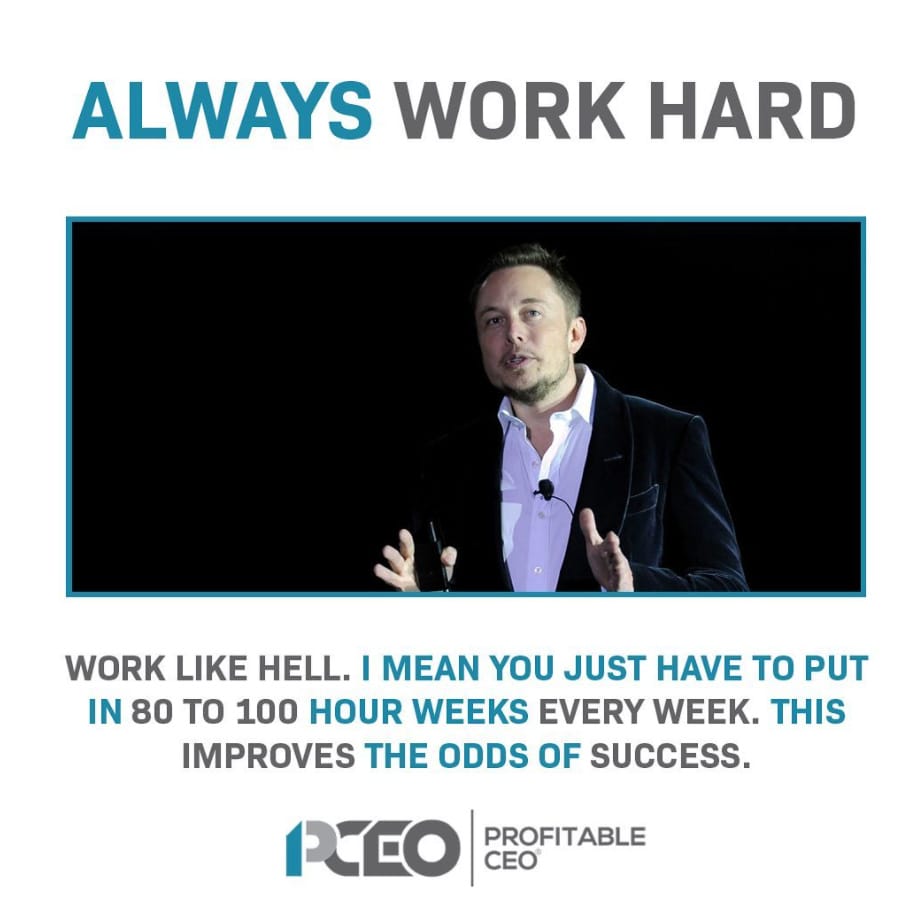
This isn’t necessarily me being reductive of the actual work it took to get there. But when I see guys desperately rushing to protect someone like Elon Musk, I know it’s partly because they look up to him and want to be him. The assumption is that if they protect and mimic the current Elon Musk - brusque, aggressive, polarizing, ignorant of the consequences of his actions - that they can become exactly like him, despite the fact that the man grew up with an incredible education and struck out in tech at a time when many people didn’t. Investors took risks they wouldn’t take today. Hiring wasn’t a constant battle against Facebook or Google for the top class of engineers, and if you failed, you weren’t immediately consumed by student loan or medical debt (though it did exist). Housing was easier to obtain, and your dollar went further.
The oft-perpetuated myth is that there are lessons to learn from industry success stories, but there are few places more useless to look for said stories than the heroes of the Valley. While it’s arguable that you can learn from the lessons they actively give - the Fred Wilsons and Paul Grahams of the world have been fairly astute in specific startup lessons that they give to their companies - once you enumerate the privilege of their stories you realize that there is simply nothing to learn, other than you should’ve been born at a different time, when things were easier and less competitive.

